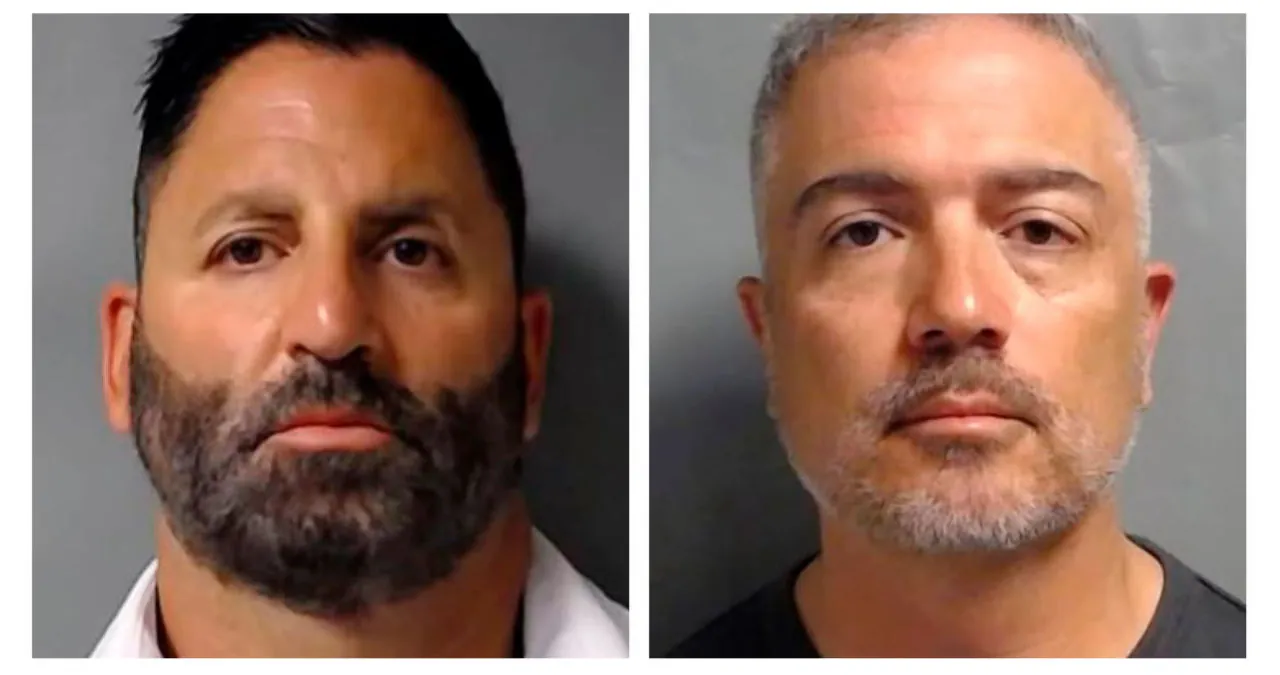Mocobizscene- Federal prosecutors are broadening their investigation into a bribery scheme that involved two former U.S. Drug Enforcement Administration supervisors. The focus of their inquiry has now shifted to two Miami defense attorneys who are suspected of benefiting from multiple leaks of confidential DEA information.
The U.S. Attorney’s Office in Manhattan has filed court papers on Monday, alleging that the lawyers were financing the scheme. They have requested a judge to grant prosecutors access to approximately 1,000 emails, text messages, and recordings of confidential phone calls between the attorneys and Manny Recio, a former DEA agent who subsequently became a private investigator for the attorneys.
Attorneys’ conversations with their clients and investigative team members are generally confidential and protected from law enforcement, unless they are involved in criminal activities. However, federal prosecutors have taken an uncommon approach by requesting a judge to apply the “crime fraud exception” to this privilege. They argue that the communications between Recio and attorneys David Macey and Luis Guerra play a crucial role in the bribery scheme.
Prosecutors made a significant shift in their approach by naming the lawyers as unindicted co-conspirators and beneficiaries of the conspiracy after years of avoiding doing so. Although neither Macey nor Guerra have been charged, the prosecutors referred to them as “crooked attorneys” who paid a hefty price for DEA secrets during the two-week trial. The trial concluded in November with the conviction of Recio and former DEA agent John Costanzo Jr. on charges of bribery and honest-services wire fraud.
In an intercepted conversation with Costanzo, Guerra expressed their focus on devising strategies to generate substantial profits. Guerra emphasized their determination towards the pursuit of financial success by stating, “We’re here scheming about how we’re going to make money, money, money.”
Macey and Guerra have chosen not to respond despite numerous requests for comment. These attorneys are well-established members of the Miami legal community known as the “white powder bar.” This exclusive group consists of highly competitive defense attorneys who vie for the opportunity to represent high-profile drug lords, negotiate favorable surrender agreements, and ultimately transform them into government cooperators.
In a highly profitable industry like this one, having early knowledge of an indictment or ongoing investigations can make all the difference in attracting new clients. However, it’s important to note that it is illegal to bribe public officials for insider information.
During the trial, prosecutors alleged that following his retirement, Recio persistently requested Costanzo to access a confidential DEA database for his new employers. This database tracks federal investigations that are of interest to them. The conversations between the two also touched upon topics such as the optimal timing for the arrest of the leading drug trafficker in the Dominican Republic and the specific date in 2019 when businessman Alex Saab, a high-priority criminal target in Venezuela and suspected bag man for President Nicolas Maduro, was to be indicted by the grand jury.
Prosecutors stated in a 28-page memo that during the bribery scheme, Costanzo consistently shared confidential information with Recio, with the intention of benefiting himself and the attorneys he collaborated with. The memo also included quotes from wiretapped conversations between Recio and Costanzo, which were presented as evidence during the trial. It was revealed that Costanzo leaked information to help Macey and Guerra attract more clients, and Recio played a crucial role in conveying this inside information to the two attorneys.
Federal prosecutors have revealed that the attorneys showered the two experienced lawmen with almost $100,000 in cash and gifts as a reciprocation.
Costanzo’s father, a retired and decorated DEA agent, was involved in the bribery scheme, which included a $50,000 down payment for Costanzo to purchase a townhouse in Miami. The payment was wired through middlemen, and prosecutors claim that Costanzo’s father lied to the FBI during the investigation.
In her closing argument at trial, Assistant U.S. Attorney Emily Deininger emphasized that the case revolved around greed and corruption. She firmly stated that the defendants were fully aware of the wrongfulness of their actions.
In December, Macey made a final appearance in federal court to attend the sentencing of a client who had admitted to distributing adulterated prescription drugs valued at over $16 million. Meanwhile, it seems that Guerra has decided to rebrand his practice and shift his focus towards personal injury cases. In a recent social media post, he boldly proclaimed, “With Guerra, it pours money!”
Miami attorneys allegedly financed a DEA bribery scheme, according to federal prosecutors. The revelation comes in the latest development of a high-profile case. The charges against the attorneys highlight the seriousness of corruption within the legal profession.
The accused lawyers are now facing severe legal consequences for their alleged involvement in criminal activities. This case serves as a reminder that no profession is immune to misconduct, and it underscores the importance of upholding ethical standards in all fields.
Also Read:
- Sheriff Expresses Disapproval of Allowing Non-Citizen to Serve as Police Officer
- A body was discovered shot on the northeast side of Indianapolis
- Assistance Required in Locating 8 Women Reported Missing by New York State Police



